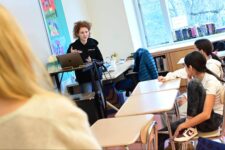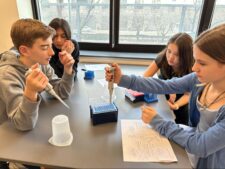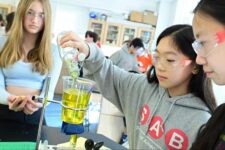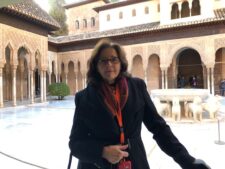This fall marks a full year of Fieldston Middle’s Community Conversations program, signifying student growth in abstract thinking and conversational topics. The program implements the Seeking Educational Equity and Diversity (SEED) principles to curate student discussion emphasizing self-reflection and relationship building.
6th and 7th Graders continue to participate in several sessions throughout the year, meeting in advisory groups to achieve goals of identity development, building community through shared experiences, and learning to listen to each other and respectfully discuss differences. Though these discussions are new to younger students, faculty facilitators are already noticing growth in those who attended previous sessions.

“Students have made huge leaps in conceptual and abstract thinking,” says Fieldston Middle Belonging and Social Impact Lead Angelica Pillier. “With this foundational knowledge, they’ve been able to jump into the topics given and are more comfortable asking questions in a larger group.”
The Community Conversations program begins by establishing community norms, which include agreements such as respecting silence, recognizing intent versus impact, and balancing one’s speaking and listening.

One of the first group activities for 6th Graders is to create name plates and share stories about their names, the origins of their names, and the importance of their name as it relates to their identity.
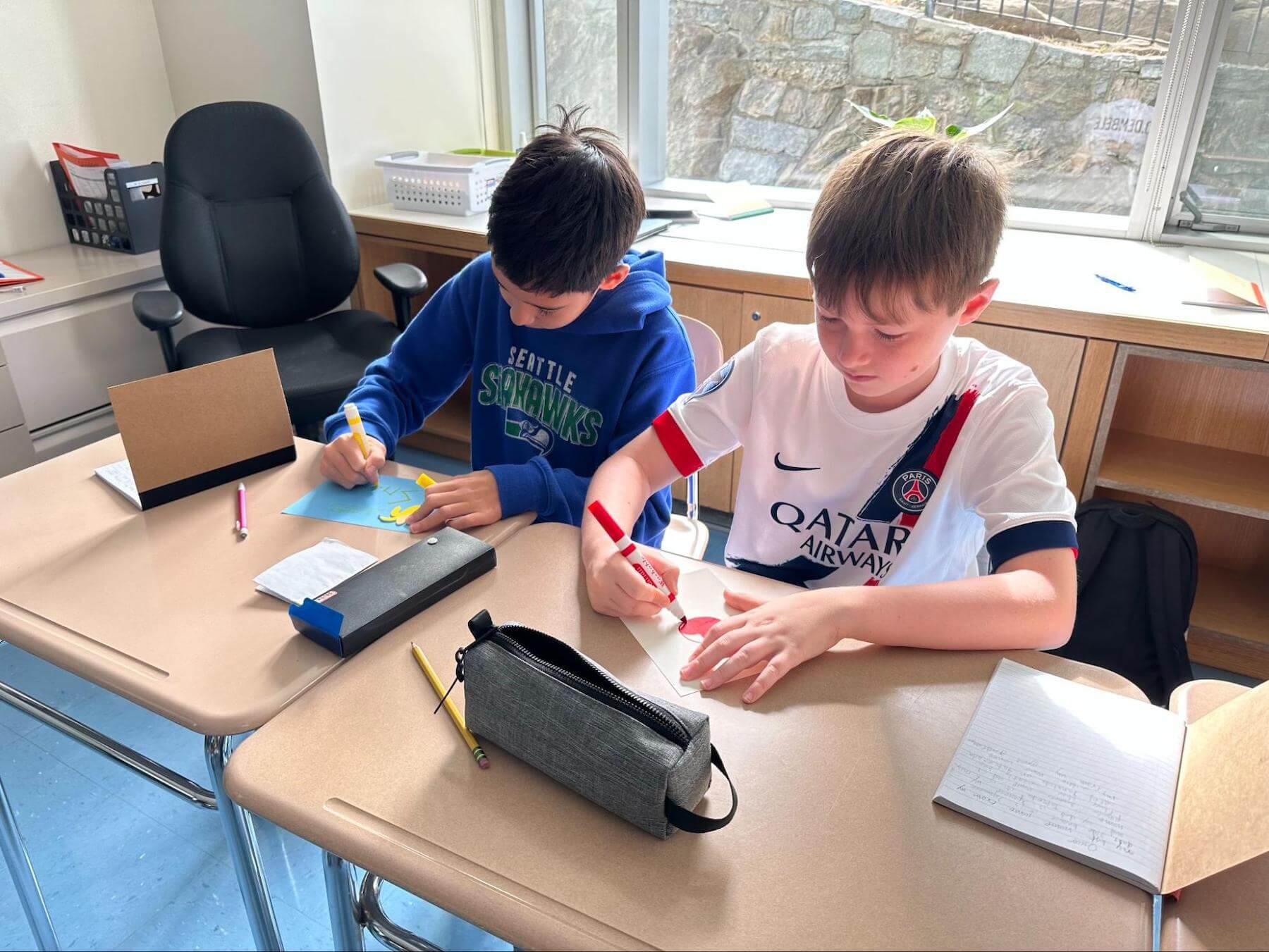
Building upon concepts introduced in 5th Grade, these 6th Grade sessions focus on developing conversational foundations and supporting further learning about students’ multifaceted identities. These lessons form the touchstones of the 7th Grade Community Conversations curriculum.
“7th Graders examine systems and frameworks related to, but not exclusive to, gender and religion while being introduced to intersectionality through various lenses like race, socioeconomic status, and disability,” Pillier says. “The students will continue to learn about positionality within social and personal systems; the ways that behaviors negatively impact individuals and groups; and what they can do to counter negative behaviors.”
Fieldston Middle Principal Jon Alschuler, who also facilitates a 7th Grade group, says he recently saw his students apply thinking around systems and frameworks to a potentially sensitive conversation with election-related themes. “Students were able to articulate which issues are most important to them, and then tie those issues back to their own identities and stories,” he says. “Without ever mentioning a candidate by name, they were able to talk about how things like their age, individual family stories, and experiences have shaped their priorities and what is important to them.”

In their final year of the program, 8th Graders look ahead to high school while serving as role models for their younger middle school peers. Using intentionality to determine the proper usage of conversational skills, they will consider questions about how systems impact them and how they may connect this understanding with the outside world.
By developing these pillars of reflective conversations, Fieldston Middle students are poised to foster intentional thinking as they approach their teen years.
